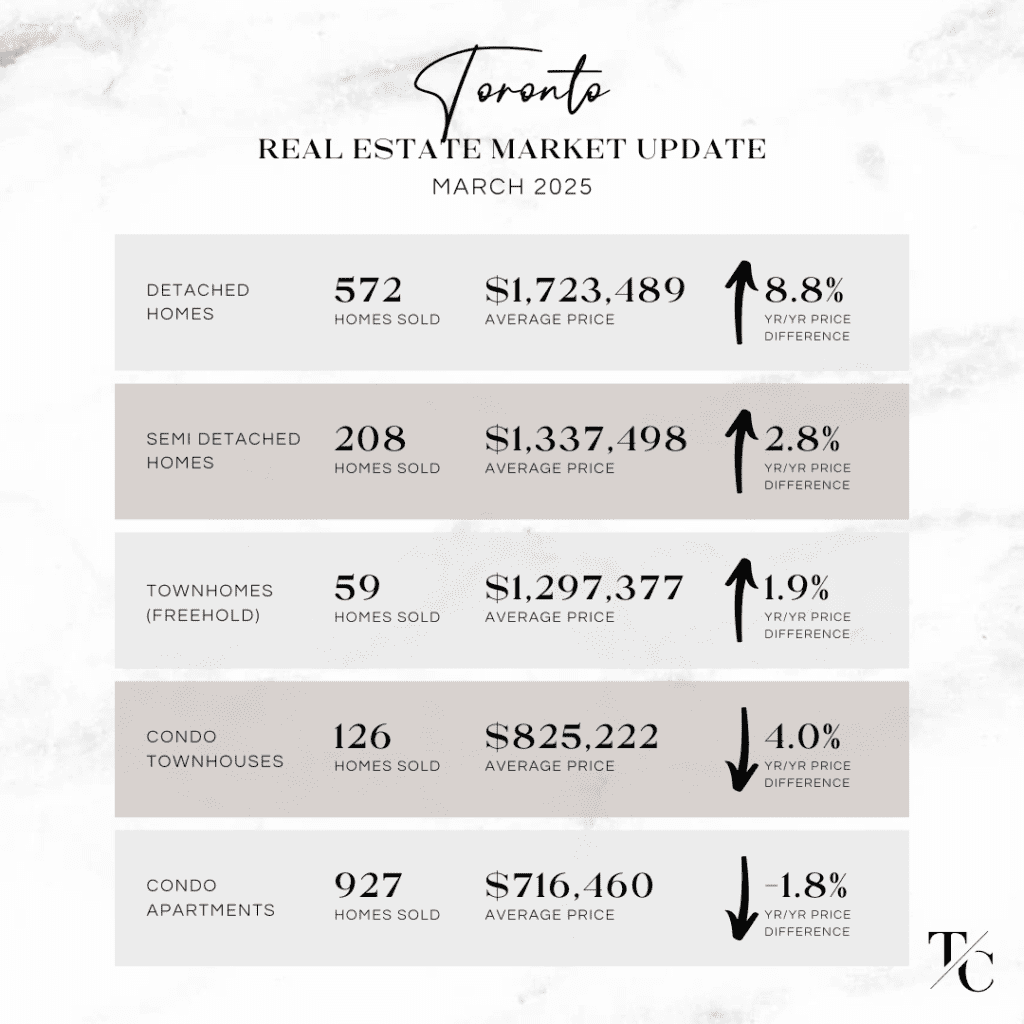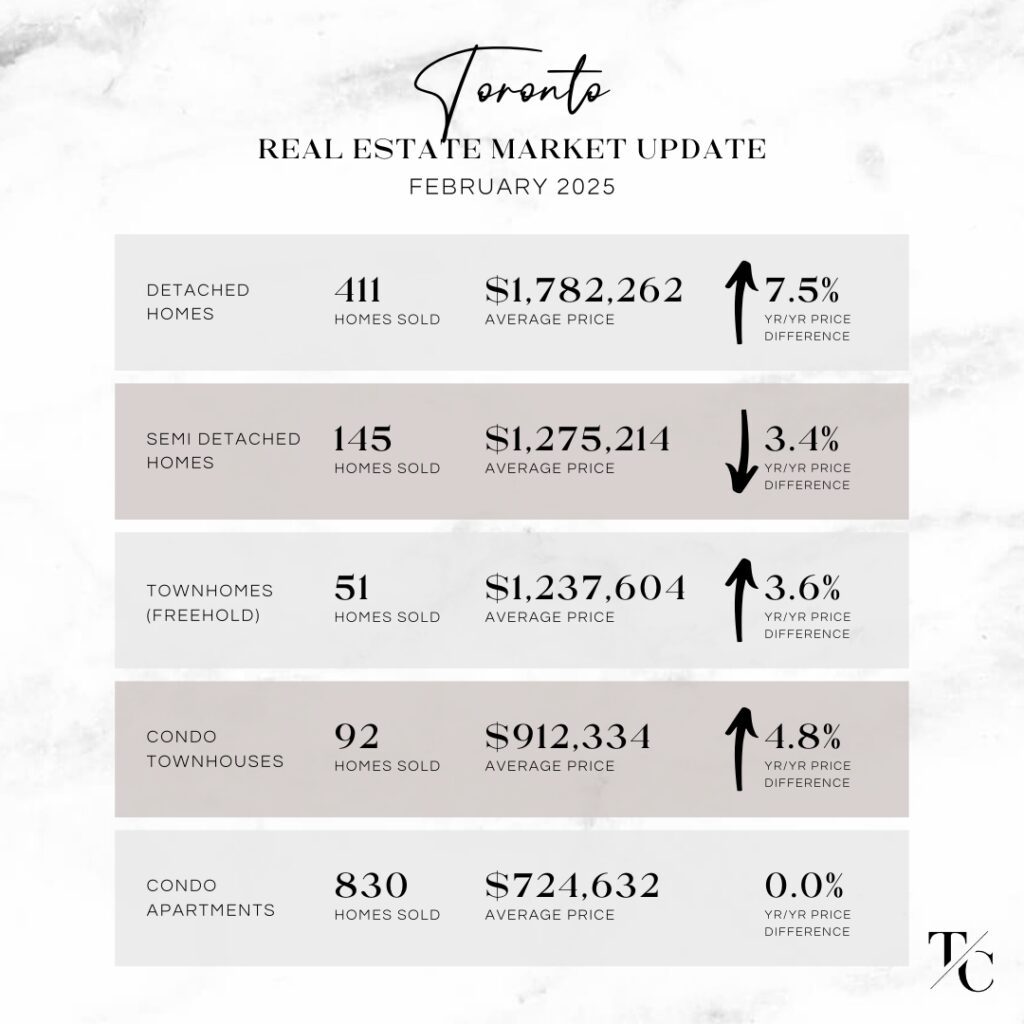In response to the housing crisis facing the nation over the past few years, the Canadian government has stepped in with new legislation intended to help bring supply and affordability back to the market. These rules came into effect on January 1, 2023, and could have several implications for real estate investors.
To help you navigate this new legislation, we interviewed Crys Masterson of Masterson Law, a real estate lawyer serving the GTA. We’ll review what these policies actually mean, any exceptions that may exist, and what penalties you may face for breaking them.
Two-Year Ban on Foreign Buyers
First, we’ll discuss the most prominent legislation on everyone’s mind, the two-year ban on foreign investors.
Who Does This New Law Affect?
Crys Masterson: This ban applies to non-Canadians living abroad or non-Canadians who are not permanent residents. However, some exceptions will be in place for international students and other temporary residents.
Could This Law Be Interpreted as Racist?
Crys Masterson: I don’t believe that would be the case because the law applies equally to someone from the United States as it would to someone from Asia. I would argue that the ban is less race-based than it is location-based.
There are many different racialized communities living in Canada who are citizens or permanent residents and not subject to this ban. It does, however, disadvantage anyone who wants to make Canada their permanent home but hasn’t yet secured permanent residency.
Are There Any Loopholes?
Crys Masterson: There will always be people who will use creative ways to get around legislation, but they often come with risks and limitations. For example, a non-Canadian could fund a purchase where a Canadian citizen holds the title. A side agreement would be in place stating that the Canadian citizen is holding the property in trust for the non-Canadian, with no beneficial interest belonging to the Canadian citizen.
There are a few stumbling blocks to this arrangement.
- It would likely need to be a cash purchase, which prices many people out of the opportunity.
- It could impact the borrowing power of the Canadian for other properties, including their own.
- It leaves the non-Canadian to rely on a written agreement with no security, as the Canadian citizen could sell the property without the non-Canadian’s knowledge or permission.
- If the underlying agreement were discovered, both parties could be subject to fines and may be required to sell the home.
- Finally, if the lawyer processing the transaction discovered the underlying plan, they would not be able to register the transaction as it would violate the law society’s ethical mandates.
What Legal Exemptions Are in Place?
Crys Masterson: There are some exemptions for homes in municipalities with a core population of less than 10,000, recreational properties such as cottages, and some multi-unit dwellings. Similarly, some people are exempt, such as those with temporary work permits, refugee claimants, and international students who meet specific criteria.
How Will the Government Enforce This Ban?
Crys Masterson: The government will rely on real estate agents to screen buyers and
advise them of the ban prior to purchase. They’ll also rely on lawyers to identify violators during their intake and ID verification process. Finally, they’ll depend on whistle-blowers, as is the case with many regulations.
What Are the Penalties for Contravening This Law?
Crys Masterson:
The non-Canadian could face a fine of $10,000 and be required to sell the home. It’s important to remember that a Canadian resident who assists in violating the ban could face fines as well.
These new laws can actually make it easier for ethical, long-term investors to succeed in real estate! Here are some resources you may find helpful:
- How to Get Started as a Real Estate Investor
- What Is an Assignment Sale
- 5 Up and Coming Neighbourhoods for Investment in Toronto
Anti-Flipping Rules for Residential Real Estate
The ban on foreign buyers is just one small step towards increasing the supply of houses for Canadian residents. The new year also signalled the start of an anti-flipping tax that could make it much less profitable to buy a property for short-term gain.
Previously, any profits from flipping a house would be subject to capital gains, which meant only 50% of the profits were taxed. This new legislation states that 100% of the profits are now 100% taxable as business income. Once again, we talked to Crys Masterson to see who this law affects and how.
How Does This New Anti-Flipping Legislation Work?
Crys Masterson: A “flipped property” is a Canadian residential unit that a taxpayer owned for less than 365 consecutive days before selling the property. Since it’s intended to discourage flipping for a profit, there are exceptions for those whose personal situation may require them to sell their house sooner than they intended. These exemptions include:
- Death of a taxpayer or related person
- Disability or serious illness of a taxpayer or related person
- Insolvency of the taxpayer
- A new individual joining the taxpayer’s household
- Breakdown of a relationship
- Threat to personal safety
- Relocation due to employment
- Destruction or expropriation of the property.
As with most taxes, the filing is voluntary. Still, the penalties for non-compliance are onerous – a 50% penalty on the taxes owing and accrued interest.
What Happen if Disputes Arise?
Crys Masterson: If you are ever unsure whether your sale would be considered a flipped property, you should consult a tax lawyer or accountant. In the event that the CRA assesses the tax and the individual wishes to dispute it, you should consult a tax lawyer.
How Can a Real Estate Lawyer Protect You?
Crys Masterson: A real estate lawyer can review the legislation to assess whether your sale falls within reach of the regulation. Based on that determination, the lawyer can advise you on how to proceed and whether you will need to consult other related professionals.
Information is critical to succeeding when buying, selling, or investing in real estate. Signing up for our newsletter is a fantastic way to stay up to date.
Vacant Home Tax in Toronto
The demand for rental units and houses is higher in Toronto than nearly anywhere else in Canada. In response, the city has imposed a new tax of 1% of the home’s assessed value if it sits vacant for six months of the calendar year.
Once again, Crys Masterson weighs in on this new legislation.
How Will This Tax Be Enforced?
Crys Masterson: There is a positive obligation to declare, which means the city will likely examine and fine all those who fail to make a declaration. Failure to declare or making a false declaration can result in fines ranging from $250 to $10,000.
The city will issue notice to anyone with a late declaration, and fines may result. The property may be deemed vacant, and the vacancy tax will apply. As well, the city is likely to rely on whistle-blowers to reclassify those who make a false declaration.
Are There Any Exemptions?
Crys Masterson: There are temporary exemptions for properties owned by an estate or an elder in care, properties undergoing renovations, occupancy for full-time employment, and where a court order prohibits occupancy.
Do you have any other questions about these new laws and how they may impact you when buying or selling a home? Consulting an experienced real estate lawyer is the best way to avoid fines and consequences for non-compliance. You can reach Crys Masterson at crys@mastersonlaw.ca or by calling 289-828-8878 email is You can also visit her website at www.mastersonlaw.ca.
Is buying a new home one of your goals for 2023? If so, the following posts can help:
- Should You Buy a House in the Winter?
- What to Look Out for When Buying Pre-Construction
- Questions to Ask Your Realtor®







